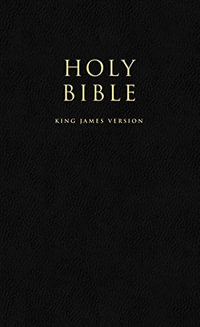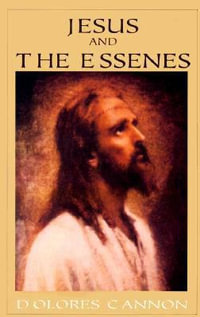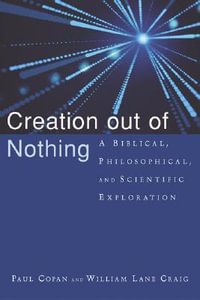The disengagement of recent academic biblical study from church and synagogue has been widely noted, even by those within the discipline. In Listening to the Bible Christopher Bryan addresses scholars and students who would like to pursue biblical studies in relation to the practice and mission of faith, while also confronting the challenges of the Enlightenment. Is such a combination still possible? And if so, how is the task of biblical interpretation to be understood?
Bryan traces the history of modern approaches to the Bible, particularly historical criticism, noting its successes and failures. Basing his work on a wide knowledge of literature and literary critical theory, and drawing on the insights of the greatest literary critics of the last hundred years, notably Erich Auerbach and George Steiner, Bryan asks: what should be the task of the biblical scholar in the 21st century? Setting the question within this wider context enables Bryan to indicate a series of criteria with which biblical interpreters may do their work, and in the light of which there is no reason why that work cannot relate faithfully to the Church. This does not mean that sound biblical interpretation can ignore the specificity of scientific or historical questions, or dragoon its results into conformity with a set of ecclesial propositions. Bryan argues, however, that interpreters of biblical text cannot ignore its existence in the community of faith; and that although
textual interpretation has scientific elements, it is, ultimately, an exercise in imagination.
In the book's final chapter, actor-director David Landon explores some techniques of oral delivery of scripture.
Industry Reviews
"A welcome contribution to a long-standing conversation about the Bible s literary quality. Bryan s discussion of a hermeneutics of suspicion is particularly insightful...For those interested in the state of biblical studies as well as the Bible's role in the life of the church, Bryan's work combines important reflections with delightful prose."--Interpretation: A Journal of Bible and Theology
"This is a powerful, cultured, serious, and passionate invitation to the reader to discover the potential fruitfulness that awaits us all when biblical scholars recognize the critical importance of their work for the worshipping, believing community; and when the preacher sees clearly the centrality of the scholars' task as s/he ponders the word of life today... As with all Christopher Bryan's work the immensely readable, engaging style is a huge plus. Whether
telling an anecdote or analyzing a dense academic argument, the prose is always limpid and compelling. The invitation to the reader to enter something of Bryan's world with its broad range of literary
and cultural reference is just that - invitation - and has the potential to open the reader to new vistas." --Fr. Peter Allan CR, Principal, the College of the Resurrection and the University of Sheffield
"Christopher Bryan addresses the confusion of at least two centuries over how to interpret the Bible: whether it is to be taken as literally accurate in its historical and scientific statements, whether it has a fuller meaning for Christians than for secularists, or whether it is to be understood by any of the great variety of techniques employed by those who are considered scholars in the field. In doing so he has performed an enormous service to the church,
offering the great clarity in a short volume that only deep erudition can achieve. Then, to top this off, he adds observations on the oral reading of scripture by David Landon, Professor of Theater at
Sewanee. If I were still teaching either New Testament or Preaching in a seminary, I would make this a required textbook for my courses." --O.C. Edwards, author of Elements of Homiletic: A Method for Preparing to Preach
"The structure of the book, with its very short chapters and clear development of argument, invites engagement on many different levels. Bryan's use of examples from literature, and biblical and literary scholarship, is attractive. There is a depth of scholarship here but it is worn lightly and is not demonstrated in order to impress or dazzle, but to further the argument. The book could be read with profit by interested church people with little knowledge of
biblical criticism, although those from the academy will also find fresh insights here." --Theology Today
























